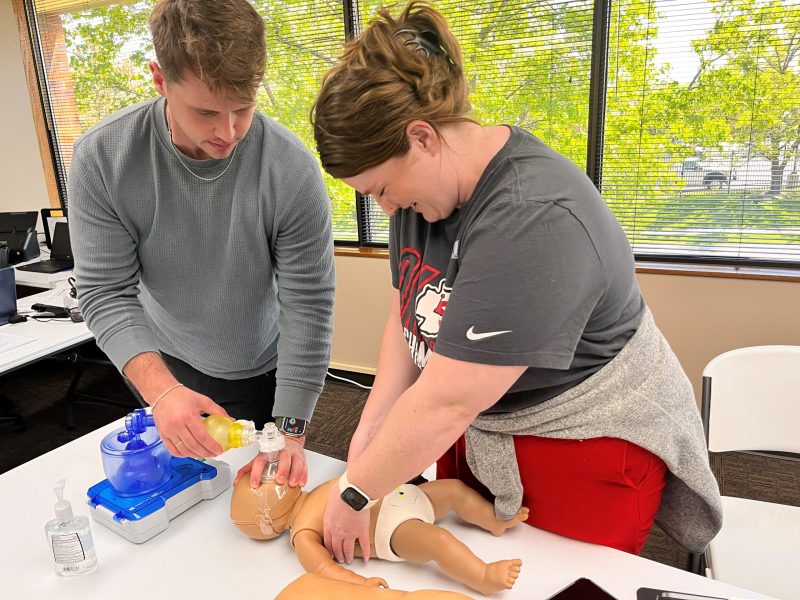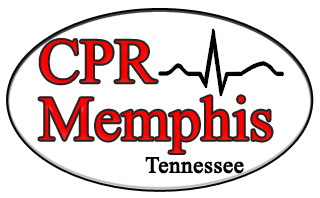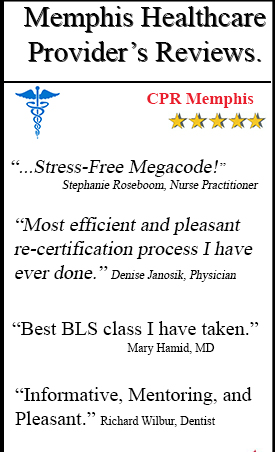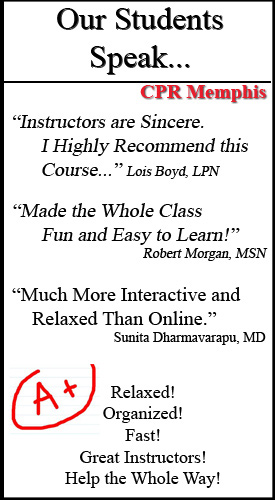CPR, or cardiopulmonary resuscitation, is an indispensable skill in saving lives during emergencies, particularly cardiac arrests. Over the years, this life-saving procedure has undergone innovations to improve accessibility and effectiveness. One of the most significant advancements is the introduction of Hands-Only CPR, a simplified approach designed to empower everyday individuals to act confidently during critical situations. Endorsed by the American Heart Association (AHA), Hands-Only CPR has gained traction globally, supported by training providers such as CPR Memphis. This article delves into the nuances of Hands-Only CPR, from its advantages to its limitations, underscoring the importance of professional training in mastering this essential skill.

What is Hands-Only CPR?
Hands-Only CPR eliminates the need for rescue breaths, focusing entirely on chest compressions to maintain blood circulation. Unlike traditional CPR, which combines compressions with breaths to support oxygenation, Hands-Only CPR is recommended for specific situations, such as adult sudden cardiac arrest. In these scenarios, immediate action to sustain blood flow can mean the difference between life and death. The simplicity of this method, along with the absence of mouth-to-mouth contact, makes it more approachable for untrained bystanders, encouraging greater participation during emergencies.
The Rise of Hands-Only CPR
The rise of Hands-Only CPR can be traced to efforts aimed at addressing barriers that often prevent bystanders from intervening during emergencies. Historically, concerns about performing mouth-to-mouth resuscitation or fear of doing more harm than good have deterred people from stepping in. Recognizing these challenges, the AHA introduced Hands-Only CPR as a more straightforward alternative. Supported by robust research and awareness campaigns, this method has gained widespread acceptance. Public education initiatives, including training sessions at community centers and workplaces, have further bolstered its popularity, ensuring that more individuals are prepared to respond in critical moments.
One of the primary reasons Hands-Only CPR has become so widely embraced is its simplicity. Focusing solely on chest compressions removes much of the intimidation associated with traditional CPR. This ease of learning has proven to be a powerful motivator, inspiring individuals with no medical background to participate in emergency response. Studies show that Hands-Only CPR is particularly effective in cases of witnessed adult cardiac arrest, where the priority is to maintain blood circulation until professional help arrives. Additionally, the elimination of mouth-to-mouth contact reduces hesitation, enabling bystanders to act more swiftly and confidently.
Advantages and Limitations of Hands-Only CPR
While Hands-Only CPR has many advantages, it is not without limitations. For instance, it is unsuitable for emergencies involving infants, children, or drowning victims, where oxygenation through rescue breaths is critical. In such cases, traditional CPR, which combines compressions with breaths, remains the gold standard.
Another limitation is its reduced effectiveness in prolonged cardiac arrest situations, where oxygen depletion becomes a significant concern. These factors highlight the importance of comprehensive CPR training, ensuring that individuals are equipped to choose the appropriate technique based on the specific scenario.
Hands-Only CPR in Action
Hands-Only CPR has demonstrated remarkable success in real-world situations, saving countless lives. Numerous case studies reveal how bystanders, armed with the knowledge of chest compression techniques, have made a difference during emergencies. For example, consider the story of a passerby who performed Hands-Only CPR on a collapsed stranger in a park, sustaining blood flow until paramedics arrived. These inspiring outcomes underscore the value of training programs offered by institutions like CPR Memphis. Their hands-on classes provide participants with the practical skills needed to respond effectively, boosting both competence and confidence.
Why Training Still Matters
Even with the simplicity of Hands-Only CPR, formal training is critical. Certification ensures that individuals understand the nuances of proper technique, from the correct hand positioning to maintaining an optimal compression depth and rhythm. CPR Memphis, a leader in life-saving training, offers stress-free, hands-on classes tailored to diverse needs. Whether you’re a healthcare professional seeking advanced certifications or a community member eager to learn basic CPR, CPR Memphis has programs designed to meet your goals. Their emphasis on realistic practice, using high-quality mannequins and AHA-approved methods, ensures participants are well-prepared for real-life emergencies.
Conclusion
In addition to teaching Hands-Only CPR, CPR Memphis provides a range of certifications, including BLS (Basic Life Support), ACLS (Advanced Cardiovascular Life Support), PALS (Pediatric Advanced Life Support), and First Aid. These comprehensive offerings allow participants to build a solid foundation in emergency response, preparing them for various scenarios. The supportive environment and expert instruction make CPR Memphis a trusted resource for life-saving training in the community.
Call-to-Action Section
Hands-Only CPR has revolutionized the approach to emergency response, making it easier than ever for bystanders to save lives. Its simplicity, effectiveness, and accessibility have empowered individuals to act confidently during critical moments. However, understanding its limitations and recognizing the value of traditional CPR in certain situations remain essential. Professional training through organizations like CPR Memphis ensures individuals are fully equipped to respond effectively, regardless of the emergency.
Take the first step toward making a difference in your community. CPR Memphis offers flexible classes to suit your schedule and needs, providing certifications that instill confidence and competence. Visit their website or contact their team to enroll in a course that could empower you to save a life. Don’t wait—get trained today and be prepared for tomorrow’s emergencies.





